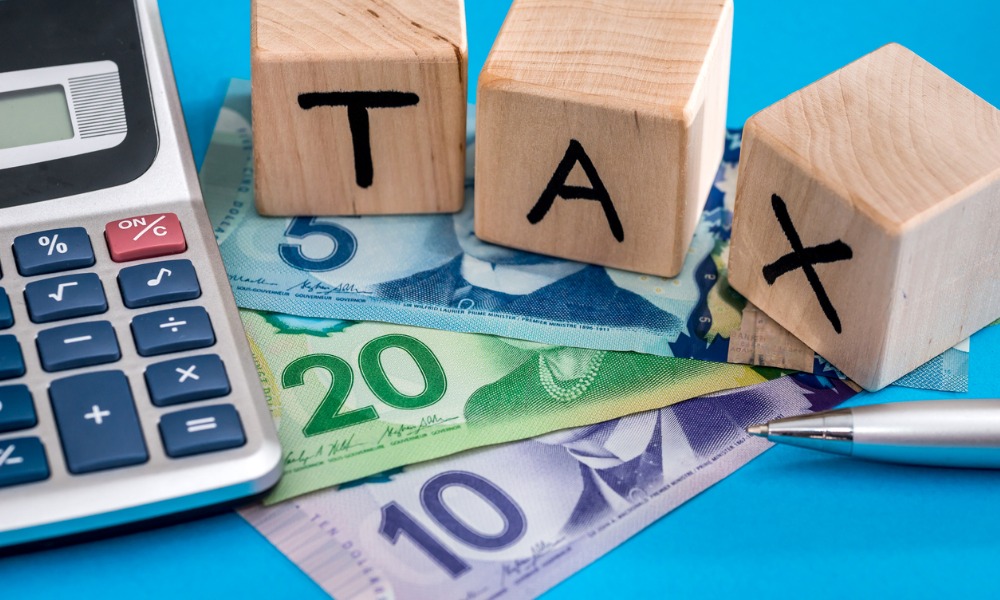Tax expert outlines some federally declared benefits and deadline extensions in response to COVID-19 crisis

As the coronavirus crisis continues to drag on with no signs of abating soon, businesses around the country have either shut down or dramatically scaled back operations. And with problems like devastated investment portfolios, lost employment, and vanished income staring them in the face, it’s only natural that many Canadians aren’t thinking about taxes right now.
“A lot of our customers have been telling us that taxes are the last thing on their mind,” said Susan Watkin, accountant and spokesperson for TurboTax Canada.
To assist Canadians through this difficult time, the federal government has deployed a raft of benefits for businesses as well as individuals.
For certain workers who lose income because of the COVID-19 pandemic, there’s the Canada Emergency Response Benefit (CERB), which provides a taxable benefit for up to 4 months. One-time extra benefit payments have been announced as part of the GST/HST Tax Credit and the Canada Child Benefit. And in the wake of recent volatility and drawdowns in financial markets, minimum amounts for RRIF withdrawals have also been reduced by 25% for 2020.
“There’s even a moratorium on student loan repayments,” Watkin said.
For businesses, the biggest assist from the government has come in the form of a temporary wage subsidy amounting to 75%, which will count as taxable income. Some small businesses and nonprofits who face challenges covering their operating costs because of the pandemic may be able to fall back on the new Canada Emergency Business Account (CEBA), which can provide up to $40,000 in loans that are interest-free for one year.
“A lot of these changes have been flying in fast, and we do encourage clients who feel uneasy or unsure to ask questions,” Watkin noted. “Our experts are keeping abreast of these developments, and we also do our best to keep our site up-to-date with pronouncements and new information from the CRA.”
The federal government has also offered relief in the form of extra time for Canadians to file and pay their taxes this year. In the case of individuals, the tax filing deadline has been pushed out to June 1; the deadline for payments of any income tax amounts that are owing on or after March 18, and before September 2020, has also been delayed to September 1.
“Having more time to file and pay taxes is certainly good news for most Canadians,” Watkin said. “But with that said, we do encourage everyone to file as soon as they can.”
While everyone’s situation and needs are different, she pointed out that many are likely expecting and looking forward to certain tax refunds and benefits that they’re due. With that in mind, taxpayers who have their requirements ready might not necessarily want to hold off from filing.
“You certainly want to avoid an interruption in those payments, especially if the coronavirus crisis is putting you under financial strain,” Watkin said.



